The comics industry was shook yesterday by the news of a major acquisition: Penguin Random House, the world’s second largest publishing company, announced it was acquiring Boom! Studios. We don’t have market shares for the direct market any more, but in January 2020, Boom was the sixth largest publisher, and it formerly regularly ranked around #5-7 in the DM, according to Diamond. So a significant deal.
Boom’s co-founder, Ross Richie was quick to take a victory lap on social media, including this tweet:
https://t.co/L9uuVNWuZB pic.twitter.com/usr4Ew7L8W
— Ross Richie (@rossrichie) July 10, 2024
And a much longer FB post, which I’ll put at the end of this post.
There’s a lot of background info in this post that contributes to the story of how we got here, but in case you didn’t get to the end, Richie will not be involved with the PRH-owned version of Boom Studios, which will be an imprint under Random House Worlds, PRH’s licensed publishing division. Licenses at RHW include Star Wars, Minecraft, Marvel Studios, D&D – you know. All the biggies. Boom’s director of strategy Jen Harned will oversee the LA-based offices, reporting to Random House Worlds president Scott Shannon.
Just one note here: despite what was widely reported, Richie is the co-founder of Boom! Studios. He had a founding partner, Andrew Cosby, who left at an unspecified time, but has been busy since with things like co-creating the SyFy show Eureka.
Back to the buzz: I talked to a lot of people yesterday – the usual array of “industry insiders” – so the following are some takeaways based on those conversations.
News of the deal began to circulate a few weeks ago, combined with rumors of the departure of Boom’s President of Publishing and Marketing Filip Sablik. It turned out that Sablik had left the company of his own volition for an as-yet-unnamed new position. Sablik’s departure was not the only one, as editors and business staffers had been leaving for a while – Dafna Pleban moved on to Viz, and Vice President of Licensing & Merchandising Lance Kreiter went back to Dark Horse earlier this month.
It was noted at the time that Richie’s social media presence had been boosted quite a bit – definitely prepping for the planned victory lap. Although Richie stepped away from running Boom in 2021, let’s allow him that victory lap.
Under Richie and later Sablik, Boom! Studios was consistently an innovator in the direct market. People laughed when they began publishing kids comics at Boom Box – but they were right about that, with their Adventure Time comics becoming wildly successful. That series really symbolized an entire era of comics publishing, as indie cartoonists were hired to work on the comics, much as Cartoon Network snapped up artists right from the streets of SPX.
Lumberjanes – a squad of plucky monster fighting scouts – was a continuation of that spirit, throwing in queer themes and a multi-ethnic cast, selling 2 million copies, and this year celebrating its tenth anniversary.
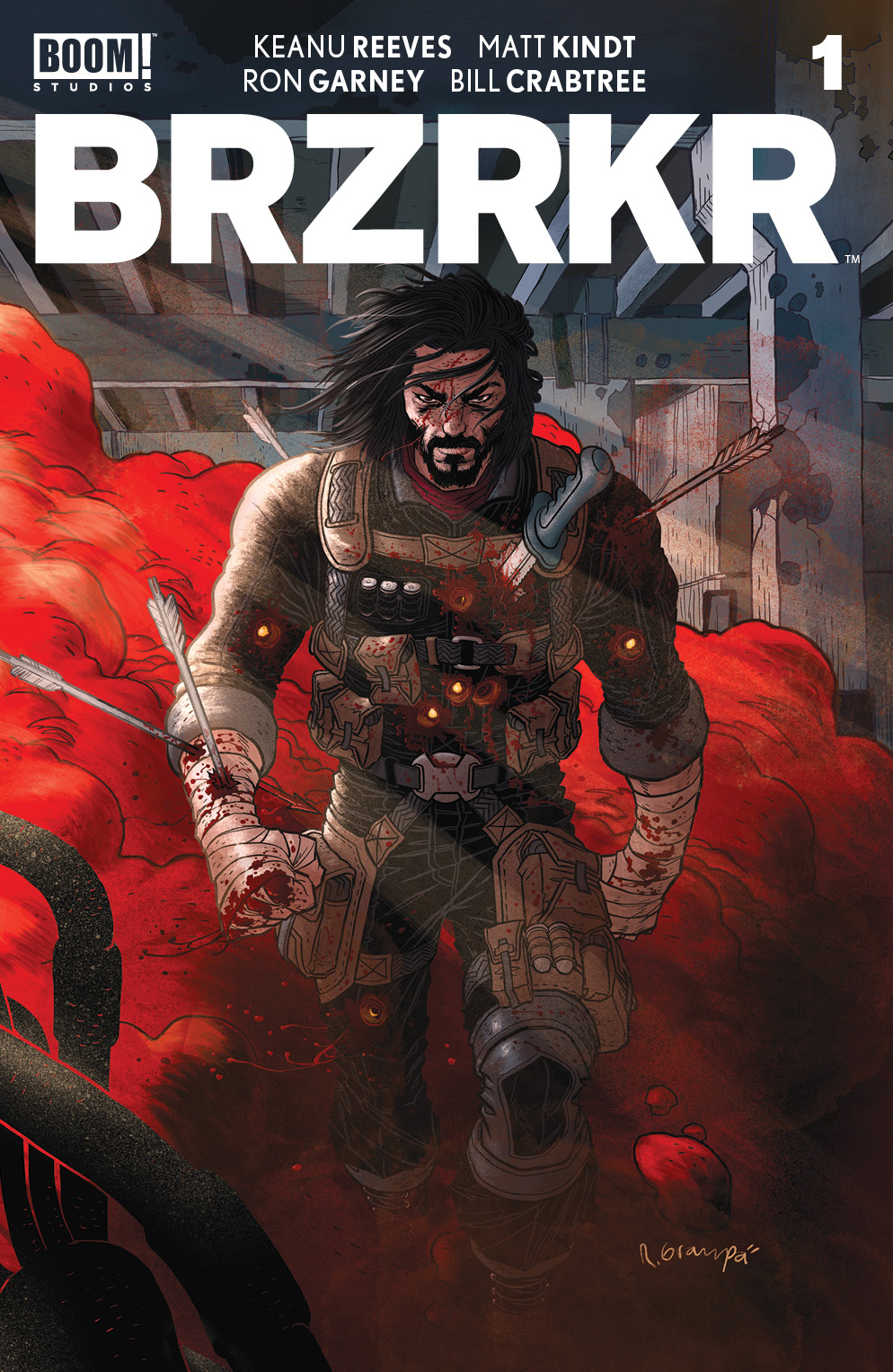
Sablik’s run saw Boom trying different programs in retailer relations, with returnability and reduced shipping costs. They also made the move to crowdfunding with the monstrously successful BRZRKR campaign. There have been many attempts at celebrity driven comics, but few that actually worked out this well.
Along the way, Boom consistently hired some outstanding personnel who have moved on to make their marks at other companies: Chip Mosher, Morgan Perry, Devin Funches and many more.
And most significantly, no fewer than two of PRH’s graphic novel imprints are run by Boom alumni: Random House Graphic, a line of KIDS gns, is headed by up editor Whitney Leopard; and the InkLore imprint is run by Rebecca “Tay” Taylor.
So you could say that PRH already had an idea of what Boom’s editorial capabilities are.
It was well known among industry insiders that Boom had been up for sale since before the pandemic. The company had taken on investors along the way: Scott Lenet’s DJF Frontiers rather quietly came on board in 2007, and 20th Century Fox took on a “significant minority stake” in 2017 for a reported low eight figure deal. But investors want a payout, and a sale is the usual method.
Several companies kicked Boom’s tires over the years, and I’m told that a few deals nearly came through, especially in the Pandemic era sales boom. However at times the asking price was too high, at others things just didn’t work out. I think in looking at this deal it’s safe to say that Boom was a motivated seller, and PRH probably got a bargain.
It always seemed (to me anyway) that a major publishing house would be the most likely buyer – and the most beneficial over all. We’ve seen what happens when a VC or media company buys a comics publisher (Valiant, anyone?) and it never seems to work out very well. (Dark Horse is another example – although they haven’t made any major changes as a result of the troubles at the Embracer Group, everyone is on high alert for the sounds of dropping shoes there.)
So why PRH? What’s in it for them?
Although PRH/Boom will honor its current distribution deals with Diamond for the direct market and Simon & Schuster for the book market, it’s also almost inevitable that they will move to PRH’s distribution arm when those contracts are up, giving the comics distro side a bigger market share and a strong backlist.
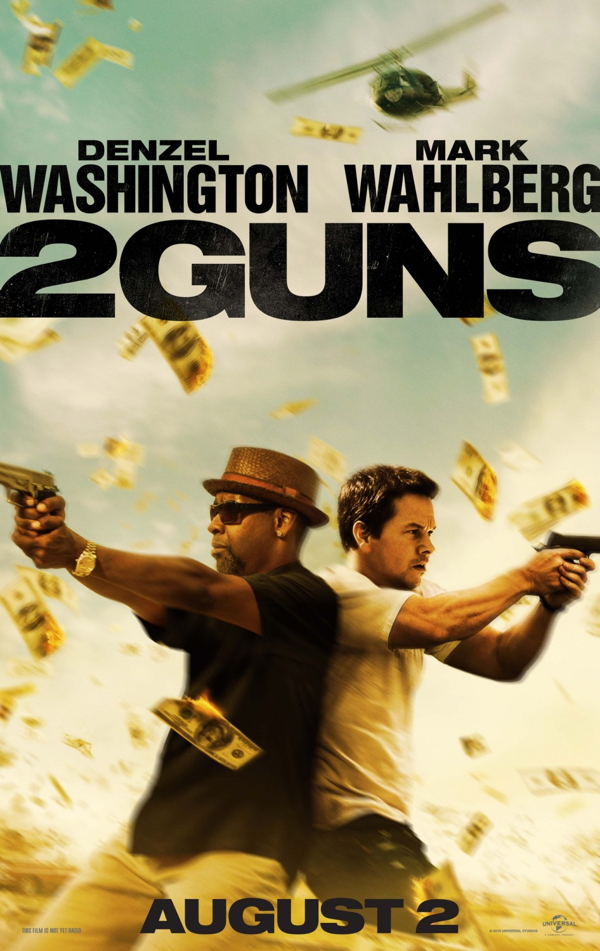
A lot of folks seem to think that Boom’s major asset was its media potential – like its Netflix deal – but for traditional book publishers this is much less of a major focus than it is for comics publishers. Sure, PRH had a first look deal with Universal at one point, and many similar deals, but the appeal of media deals in the book world is that YOU SELL A LOT OF BOOKS, not that you make a lot of money as a producer. PRH made a lot of money off the Fifty Shades series because people wanted to read books about a saucy bondage relationship; the movie money ($5 million) went to author E.L. James. The book series has sold some 165 million copies, so everyone made out pretty well on that.
So sure, a BRZRKR movie would make money for all concerned, but PRH’s main business model is selling books: in fact they already bought the BRZRKR novel by China Miéville for a hefty sum, and it’s on sale this very month!
I am probably over simplifying things here, and there are many wrinkles to these deals, (the legal battles over Goosebumps for example) but book publishers in general have a different relationship to IP than comics publishers. I’m aware that acquisitions can lead to many pain points for creators, but hopefully, James Tynion IV and Werther Dell’Edera will be fine.
Doubtless many wrinkles and surprises are to come on all of this, and to some it may be sad that a strong indie comics publisher got swallowed up by a giant company. But as laid out above, they had already sold out different parts to different investors. And overall I think it’s a positive thing that a major comics publisher ended up at one of the world’s most successful publishing houses, and not at a VC company or a big multinational conglomerate. PRH has shown a consistent interest in publishing graphic novels in recent years, and that trend shows no signs of showing down.
The negative: along with the acquisition, there will be layoffs, I’m told, as much as a fifth of Boom’s staff, mostly to cover redundancies with PRH departments. So as former Boom employee Morgan Perry suggested, “Please check in on your BOOM! pals today. There are a lot of people behind the scenes that ensure you get great books in your shops and TBR piles each week that aren’t immediately visible.”
And the great unknown in this: the pamphlets. What about the comic books? PRH has a pretty robust comic book distribution service at present so…we shall see. As one of the comics industry insiders I was DMing with yesterday put it, “We never get bored in this business.”
Ross Richie’s statement:
I have sold BOOM! Studios to Penguin Random House.
This is exciting news for creators. PRH is the biggest publisher in the world. They will be able to get more of our creators’ comics into more fans’ hands in the book trade because of their experience and size and in the Direct Market they are the distributor of choice for Marvel. Their publishing has global reach and will be able to get creators’ series into the international global market in a way that will be simply unmatched by anyone else.
This is exciting news for our retailers in the Direct Market. Random House Worlds, the division of PRH acquiring BOOM!, has experience publishing prose books of the biggest IP in the world, like Star Wars, Marvel, Critical Role, Magic The Gathering, and Dungeons and Dragons, so they love the pop culture space, understand its customer, and its distribution arm is already an experienced provider of Marvel Comics every week into the comic shop specialty space.
This is exciting news for our fans. The biggest prose book publisher in the world is excited about comics and wants to get into the action and believes it is an area of growth. They want more people to read — more people to read comic books!
The real hero of this deal is Chief Financial Officer Jennifer Harned who redefines what “above and beyond” means. Her dedication and commitment has been nothing short of awe inspiring and she kept going, delivering Herculean result after Herculean result, long after anyone else including me would have given up. My respect and gratitude for you, Jen, knows no end.
When I launched BOOM! out of my apartment, I did not have the resources to grow it to its potential. I have to thankScott Lenet, co-founder and Director of the venture capital fund DFJ Frontier, who saw potential in me and was willing to invest actual dollars in comic book publishing. The Lumberjanes, Erica Slaughter, and Keanu Reeves’ BRZRKR simply would not exist without your investment and dedication to the company.
I would also like to thankPaul Levitz, one time President of DC Comics, who has been on the BOOM! board of directors for 10 years. He has served tirelessly hoping to provide the very best for the company’s creators, its retailers, and its staff.
For years, Google has had an autocomplete on its query “Who owns BOOM! Studios?” After 20th Century Fox made a minority investment in the company, it would erroneously say Fox owned the company. Then when Disney bought Fox, the Google search function would say Disney owned BOOM!. So let me clarify for once and for all…
As of today, Penguin Random House owns BOOM! Studios.
What an exciting, momentous day!
Thank you to everyone who made this possible: the creators who made the comics, the fans who bought our books, and the retailers who championed them!
Thank you all for your support.
As for me, The Founder of the company, it has been an epic ride as CEO for 16 years and then my promotion to Chairman of the Board for the past 3 years.
I am not transitioning to Penguin Random House as a part of this deal, so that means I no longer work at BOOM!, the house I built and ran.
I’m looking forward to exceptionally long vacations with my wife and 2 kids and figuring out anything I might want to do in the future. But for right now, the pool is looking really good.
Thanks to all of you!



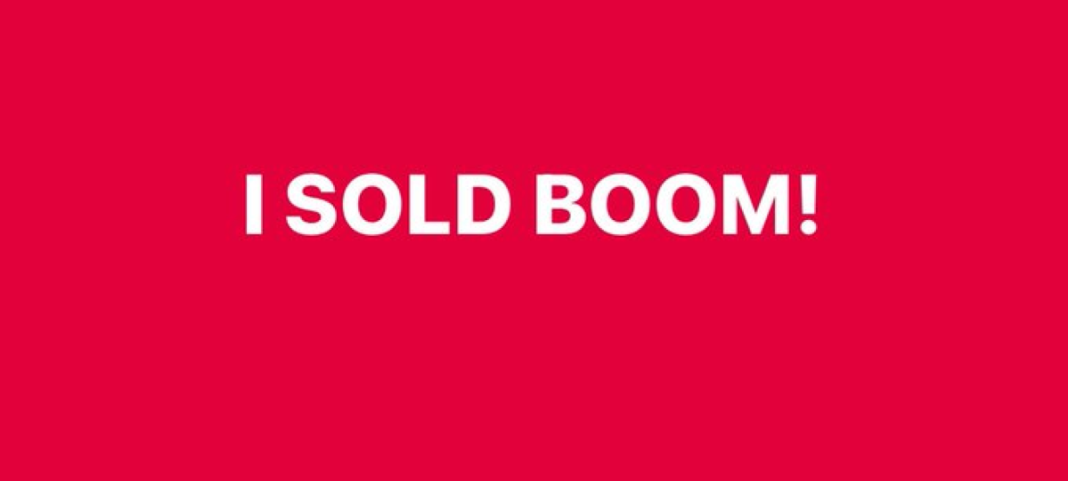
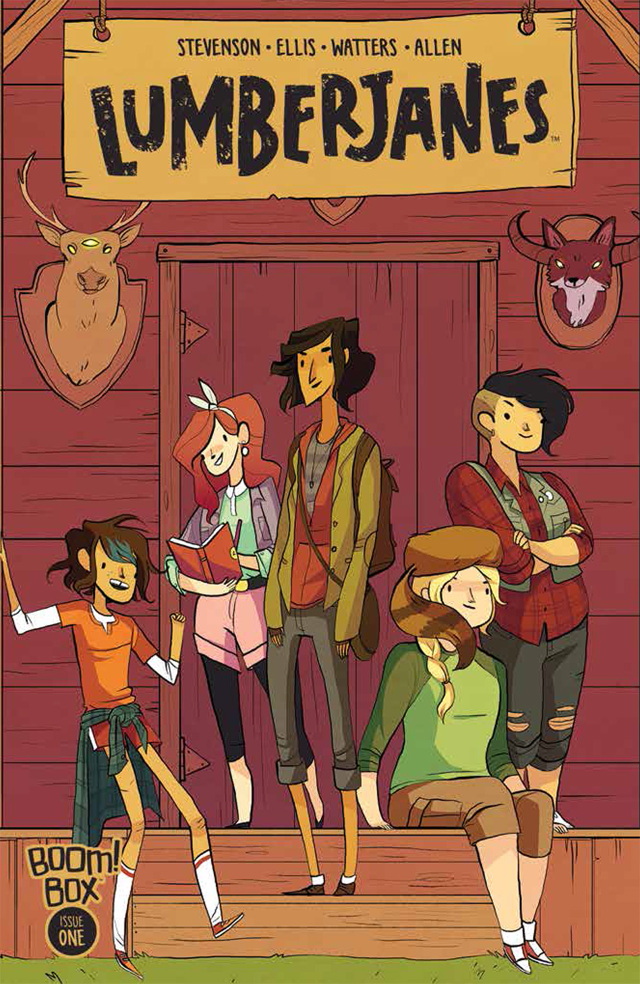
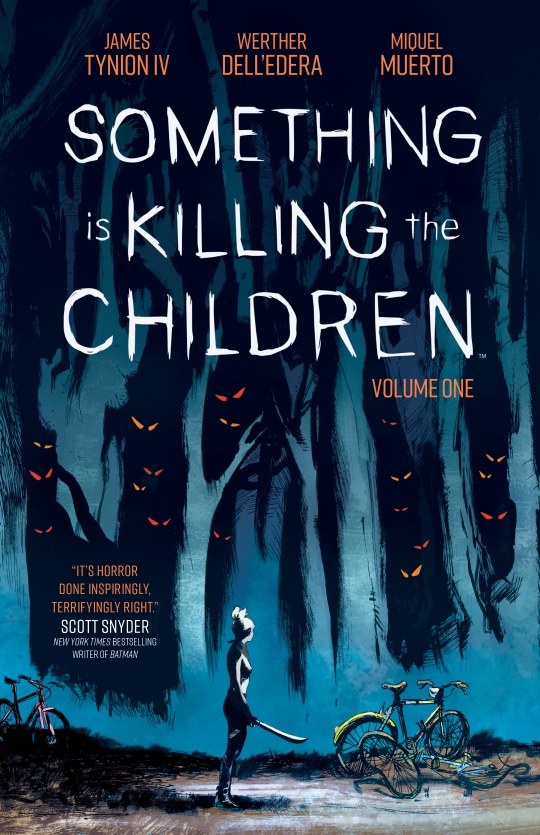
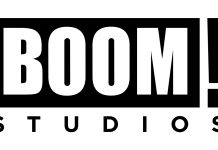
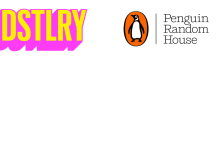





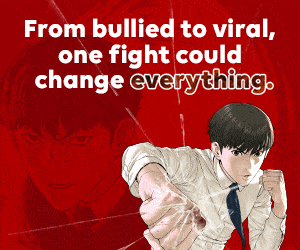

Yes, PRH the publisher makes money selling books, but PRH the distributor makes money moving books around, and from the way they go about that part of the business, I can only conclude they don’t really seem to care about the condition of the books they move around. Their invoicing method is awfull, and the track and trace website for parcels from one of the companies they use for shipping just plain doesn’t work. ‘Robust’ isn’t the word I have in mind when PRH distribution comes up, and neither does it for any single retailer I’ve spoken to.
But ‘Great’ (I guess) for Boom! to be recognised by way of being bought by ‘The World’s Second Largest Book Publisher’. Yes, the same one that was prevented from acquiring Simon & Schuster by the Justice Department for Anti-Trust reasons. Really, I don’t think there is any difference between this and Amazon acquiring and then dissolving Comixology. At the end of the day, when you are looking for some soul-food to cheer you up, ‘Good Intentions’ not withstanding, instead of getting an at least halfway decent meal, you end up with a large, tasteless offal sausage. That’s the direction we’re heading if 50 Shades of Gray and ‘making out well’ is what we’re apparently aiming for. I don’t begrudge anyone their financial windfall, but to me, it’s not the prime reason to be involved with comics,, and it should not be the deciding factor on wether a deal is ‘good’ or ‘bad’.
Comments are closed.